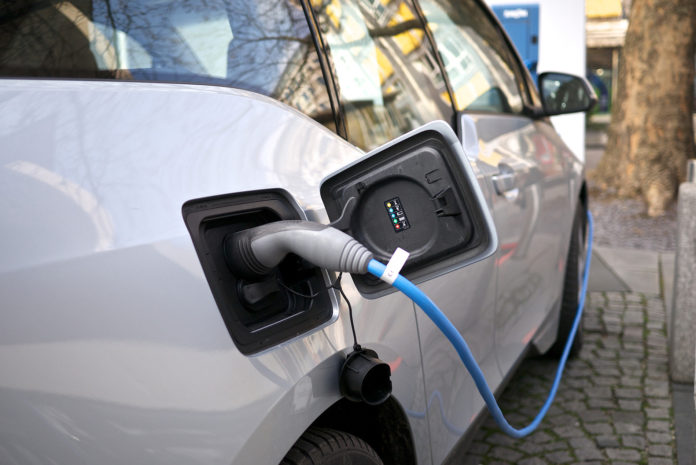We may have got used to lithium-ion batteries and to be fair they have served us well over the past few years. However, it’s time for a change. Researchers at the University of Bath may have just the answer for it too as they carry out research into rechargeable batteries that go beyond lithium in terms of offering much better performance levels.
Rechargeable batteries are used in some different products including laptops, cell phones, and electric cars. Currently, these are mostly covered by lithium-ion batteries. The problem is that this type of battery isn’t the most efficient or eco-friendly as it could be. One way that scientists are looking into to make batteries better are to enable them to store more energy. The way they do this is by making them from multivalent metals instead of lithium.
In lithium-ion batteries, the lithium ions are transferred during charging and discharging. The way it works is for every lithium-ion that’s transferred, one electron also gets transferred, and as a result, an electric current is generated.
It would work similar to that with multivalent batteries, but the lithium would be substituted for a metal that can transfer more electrons per ion. This would enable batteries to remain the same size as they are now but have far better energy storage capacity and performance.
“Multivalent batteries are a really exciting direction for battery technology, potentially offering higher charge densities and better performance,” says Dr. Benjamin Morgan from the Department of Chemistry at the University of Bath. “New battery technologies are going to be more and more important as we wean ourselves off fossil fuels and adopt greener energy sources.” Morgan recognizes that there are still a few hurdles to get over, including finding the right materials for the job, but either way it looks as though the world of lithium-ion batteries could soon be coming to an end.
More News to Read
- Are Enzymes the Answer to Curing Diseases Such as Cancer and Diabetes?
- NASA’s First 3D Printed Rocket Part is Ready for Testing
- New Breakthrough, Now Cells Can Be Programmed to Fight Disease
- Researchers Discover Bacteria Can Damper the Effects of Chemotherapy
- Physicists Decipher Magnetic Ordering in New MultiFerroic Material

